Saying that calcium is the most important mineral for bone health is like saying bricks are the most important item when building a wall. We all know that bricks are nothing without a strong mortar to hold them together. In fact we also know that excess bricks just lying around your house creates an ugly mess. The same goes for calcium – sure it’s important but there is so much more to healthy bones than calcium alone and too much calcium can also be detrimental to your health.
Too much calcium can potentially do more harm than good
New studies show that you can overdose on calcium when you get too much of the mineral through supplements. The body breaks down and absorbs calcium from supplements and naturally derived calcium through foods differently. And when you take too much calcium through supplements, calcium plaque can build up in the arteries, increasing your risk for clogged arteries that lead to heart attacks. Excess calcium can also cause muscle pain, mood disorders, abdominal pain and kidney stones.
Why dairy may not be the best source
Calcium and dairy - they’re so intertwined in our minds. If we're avoiding dairy for health reasons, one of the most common concerns is "but what about my calcium"??
Yes, we need calcium for healthy bones. But years of clever marketing has made us think that dairy is our only real source of calcium, when this is just not the case. There are many ways to get your 1,000 milligrams a day.
There are many reasons for avoiding dairy:
It’s full of hormones (including estrogen, progesterone and growth hormones), which are made to fatten up baby cows
Many people are intolerant to the proteins in cow’s milk. In fact, it’s one of the most common intolerances that comes up in our IgG Food Intolerance test. This intolerance can show up as conditions like eczema, asthma, and may even contribute to behavioural problems in kids
Lactose in cow’s milk is often a contributing factor to irritable bowel syndrome (IBS), which can involve bloating, wind and diarrhoea
When milk is homogenized the fat is blended up into tiny particles, which are then absorbed straight into the bloodstream, causing damage to arterial walls
Scientific studies show that milk increases fracture risk
Many scientific studies contradict the conventional wisdom that milk and dairy consumption help reduce osteoporotic fractures. Surprisingly, studies demonstrating that milk and dairy products actually fail to protect bones from fractures outnumber studies that prove otherwise. Even drinking milk from a young age does not protect against future fracture risk but actually increases it
Today's milk is processed food
Until the end of the 19th century in Europe and the beginning of the 20th century, milk was consumed unpasteurised or raw. Later on, homogenisation became the industry standard. These processes further alter milks chemistry and increases its detrimental acidifying effects.
Nowadays, milking cows are given antibiotics which passes into the milk we consume.
5 sources of dairy free calcium
There are plenty of good sources of calcium that don't come from a cow.
1. Dark leafy greens - they may not be the most appealing veggies to kids, but dark leafy greens are FULL of calcium. So next time you’re cooking, maybe chop a few up and hide them in your meals. For example: Broccoli has 86 mg in 2 cups raw Kale has 101 mg in 1 cup raw, Spinach has 244 mg in 1 cup cooked
2. Tahini is an excellent source of calcium with over 60 mg in just one tablespoon! While it might not be a favourite on its own, tahini is so versatile and can be used in salad dressings, nut bars, dips and more.
3. Oranges are known for their Vitamin C content, but they also contain a healthy dose of calcium. So if you’re struggling to get your kids to eat their greens, some orange slices will do the trick at 40 mg of calcium for a small orange.
4. Almonds are one of the most nutritious nuts, containing about 30 mg of calcium in a handful of nuts (10), as well as healthy fats, fiber, protein, magnesium and vitamin E.
5. Firm tofu - Osteoporosis Australia lists firm tofu as the food with the highest calcium content per serve, 832 milligrams per cup. Make sure you buy fermented and organic.
Bonus! If you are a fish-eater, canned fish is an easy and inexpensive way to get your calcium intake. These fish have small bones, which become soft during the canning process, so they are easy to eat! Think canned salmon (279 mg calcium per serve) and sardines (486 mg calcium per serve).
What else affects calcium levels
Westerners are much more at risk of bone-health problems due to numerous lifestyle factors:
- Lack of exercise
- High intake of sodium
- High consumption of colas and coffee
- High intake of sugar
Reducing intake calcium depleters will reduce the demand for calcium
Plenty of foods deplete calcium levels (soft drinks, coffee, alcohol, salty foods), increasing the demand for it. Therefore, if we can avoid these things that lower our calcium levels, we won't need as much from our diet to have adequate levels for our health.
The RDI of calcium is 1,000mg/day for adults 19-51 and 1,300mg/day for adults > 51 years.
Bone health isn't all about calcium
Like we mentioned earlier, bone health isn't all about calcium. Vitamin D plays a crucial role in helping absorb calcium into the bones. Low levels of vitamin D increases the risk of osteoporosis and fractures. Another vital nutrient for bone health is vitamin K, which helps keen calcium in your bones, and out of your arteries.

